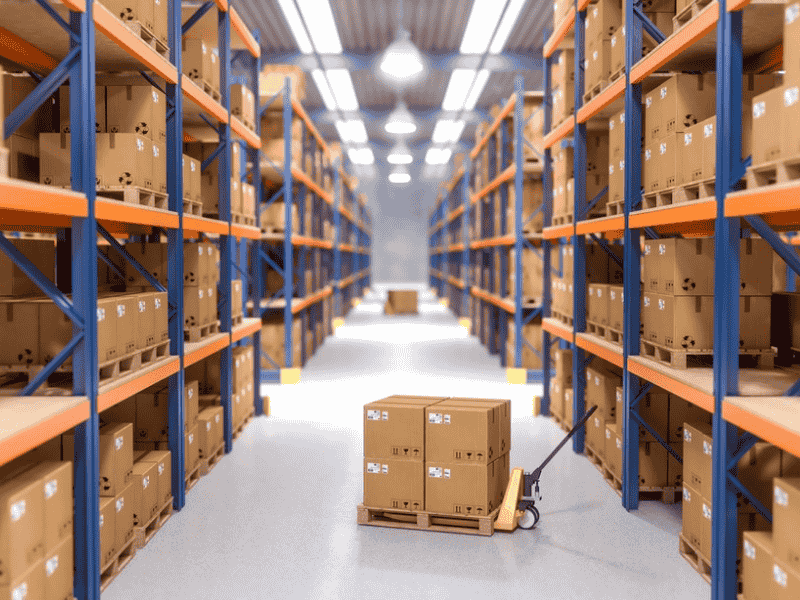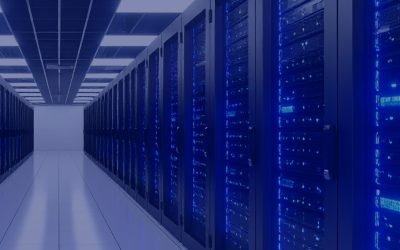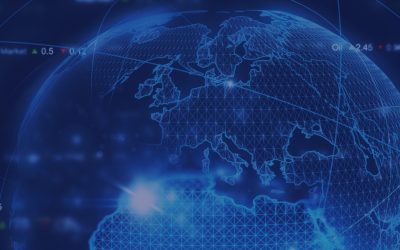Avoiding owned infrastructure, outsourcing logistics, and operating without a legal entity are among the strategies that allow selling in the United States without major investments or exposure.
Entering the US market may seem like a distant goal for many entrepreneurs based abroad. However, this becomes an opportunity when companies avoid investing in physical infrastructure and delegate much of the logistics operation to specialized third parties.
Aerodoc, a company specializing in IOR services and international logistics, offers comprehensive support for businesses seeking to operate in the US without establishing a legal entity. Their involvement begins even before the product leaves the country of origin, assisting with transportation, importation, labeling, and storage.
The company also manages order processing from digital sales channels and distributes products to several delivery points, serving both end consumers and leading US marketplaces, including Amazon, Shopify, Walmart, eBay, WooCommerce, Etsy, and Best Buy. For high-value or sensitive items, Aerodoc also offers white-glove delivery services.
One example is an entrepreneur who runs her brand of pilates accessories, yoga mats, weights, and home fitness equipment from her home country. Her company entered the US market without a local setup, importing goods directly from China. Through Aerodoc’s services, her products are now available on major online sales platforms, without the need for a warehouse, team, or legal entity in the United States.
A Service That Lowers Overhead Expenses
Outsourcing these logistics services allows companies to reduce operating expenses typically linked to managing a warehouse and hiring staff:

- Eliminates the need for a dedicated warehouse in the US
- Operates on a pay-as-you-go model: companies are charged only for the space used and each order shipped
- No minimum volume requirements, making it feasible for small and mid-sized brands to enter the market without considerable exposure
- Enables operations without a US legal entity through an IOR that assumes customs and compliance responsibilities
- Additionally, Aerodoc offers the option to establish a legal address or office space in the US, further simplifying the expansion process.
Smart Technology to Support Cross-Border Sales
Aerodoc’s solution is built on an ERP system with API integrations that link the customer’s online stores directly to Aerodoc’s warehouse in Miami. Once a sale is registered through any e-commerce channel, the operational flow is automatically triggered within Aerodoc’s system.
![]()
The full process unfolds in several stages:
- Channel Integration: Aerodoc integrates its ERP with customers’ sales platforms (such as Amazon, Shopify, WooCommerce, or eBay), allowing real-time order capture and automatic fulfillment, without requiring manual intervention.
- Inbound and Quality Control: The customer ships inventory to Aerodoc’s warehouse, where product condition and quantities are verified through standardized quality checks before storage.
- Pick & Pack: Once an order is received, the system guides warehouse staff on which products to pick and how to pack them according to the customer’s specifications, whether that means custom packaging, product kits, or fragile materials with special handling requirements.
- Shipping and Tracking: Aerodoc handles local dispatch and provides customers with automatic tracking details and delivery status updates.
- Returns and After-Sales Support: If a customer requests an exchange or return, the process is managed through a dedicated returns portal, which centralizes communication and authorizations, reducing response times and operational costs.
At Aerodoc, we help entrepreneurs and companies expand into the US. Contact our specialists to discover how Aerodoc can improve your entry process, making it efficient, cost-effective, and scalable.
Q&A
- What are the tax implications of operating in the US without establishing a legal entity? Foreign companies may still incur tax obligations, such as sales tax collection or import duties, even if they do not have a legal entity. Partnering with an Importer of Record (IOR) ensures full compliance with US customs and tax regulations.
- What are the key differences between forming a US LLC and using an IOR-based operating model? Forming an LLC provides a legal presence and control, but it entails higher costs and regulatory burdens. An IOR model enables market entry without a legal entity, minimizing risk and investment—ideal for validating early-stage markets.
- Which product categories are best suited for a no-infrastructure model in the US market? Niche, high-value, and lightweight products, such as fitness accessories, consumer electronics, cosmetics, and personalized goods, benefit most from a flexible, outsourced logistics model with minimal fixed overheads.
- What are the regulatory risks of selling on US marketplaces without a physical presence? Main risks include customs non-compliance, poor returns management, and failure to meet product-specific regulations. Engaging a logistics partner experienced in cross-border compliance mitigates these operational and legal risks.




